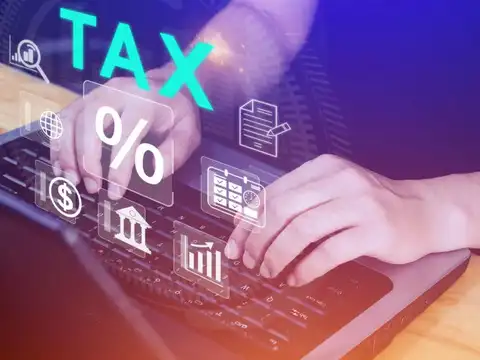Sri Lanka’s 2026 Budget, presented in Parliament today, represents a pivotal moment in the country’s post-crisis recovery, a statement of intent that combines fiscal restraint with cautious optimism. The government has pledged to sustain economic stability under the IMF programme, while promising to turn that stability into tangible growth. Yet, the real test lies in whether the ambitious revenue goals can be met without overburdening citizens or stalling the fragile recovery.
Revenue Ambitions Take Centre Stage
The government has set a revenue-to-GDP target above 15%, up from about 13.7% in 2024, signalling a renewed push to strengthen state finances. The Budget also maintains a primary surplus of 2.3% of GDP and aims to cut the overall deficit below 5% by 2028.
Rather than introducing new or higher taxes, the 2026 Budget focuses on expanding the tax base, tightening compliance, and phasing out costly tax exemptions. Officials argue that this approach will make the system fairer and more efficient, avoiding additional pressure on already strained households.
This direction is consistent with the IMF’s call for “strong revenue measures to support macroeconomic stability,” while ensuring that economic growth and fiscal prudence go hand in hand. However, economists caution that achieving these goals will require strong administrative reform and political will in areas where Sri Lanka has struggled in the past.
Dependence on Compliance and Private Growth
The budget strategy assumes that improved tax collection and renewed investor confidence will deliver the expected revenue growth. With public investment capped at around 4% of GDP, the government is relying heavily on the private sector and foreign direct investment (FDI) to drive expansion and job creation.
This model, however, carries risks. The narrow tax base, dominated by indirect taxes such as VAT and import duties, remains a weak foundation. If consumption slows or imports decline, state revenues could fall short. Moreover, while the Budget promises a friendlier investment climate, the effectiveness of those measures will depend on how quickly bureaucratic bottlenecks and corruption are tackled.
Expert Reactions
Dr. W. A. Wijewardena, former Deputy Governor of the Central Bank, welcomed the government’s commitment to continue the IMF-backed reform programme and its reliance on private and foreign investment to fuel the economy.
“AKD showed remarkable confidence about his government’s ability to continue the current policy package and deliver prosperity as promised in his manifesto,” he observed. “His shift toward private-sector-led growth is a positive development and a step in the correct direction.”
He noted that the country’s economic stability depends not only on fiscal targets but also on maintaining rule of law and investor confidence key elements highlighted in the Budget.
Professor Priyanga Dunusinghe of the University of Colombo said the government deserves credit for managing to gradually reduce the budget deficit despite limited external borrowing options. “There is no evidence of excessive borrowing under this government. On the contrary, the deficit has been steadily declining,” he said, adding that domestic borrowing remains the main source of financing due to restricted access to global markets.
Critical Assessment
The 2026 Budget strikes a careful balance between stability and ambition. It is disciplined rather than populist, designed to reassure creditors and investors that Sri Lanka remains committed to reform. The emphasis on compliance, digitalisation, and improved governance over new taxes is sound in principle, but execution will determine success.
